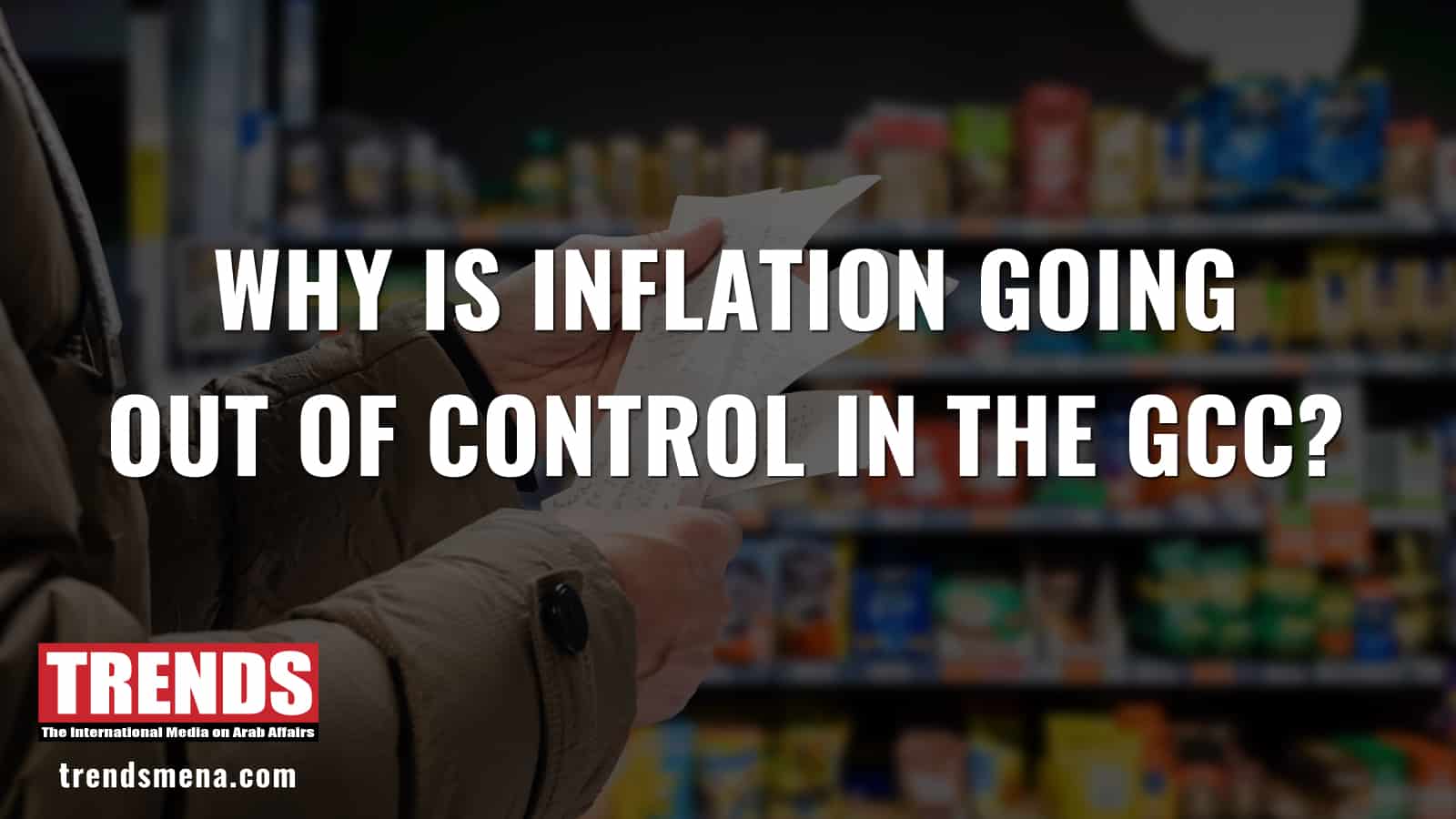Inflation in the Gulf region accelerated in 2021. Covid-19, particularly the Omicron variant, along with increasing import prices, partly due to a weakening dollar, remained among the key factors that affected the consumer prices.
The possibility of emergence of new Covid-19 variant sparks fear of more disruptions in the supply chain, which may add to the inflation woes in the GCC.
The anticipated global monetary tightening is likely to have an impact on the GCC growth outlook. Supply-driven inflationary risks are also imminent.
Government spending, meanwhile, is expected to ease in the region, that is likely to put less upward pressure on inflation. However, a more aggressive stance on monetary policy in advanced economies may cause financial conditions to tighten locally, especially since the currencies of major GCC economies are pegged to the dollar or other global currencies.
Central bank action and risks to financial stability must be carefully monitored and managed as loose monetary policy is unwound. A sudden rise could cause a shock to the economy leading to a recession.








